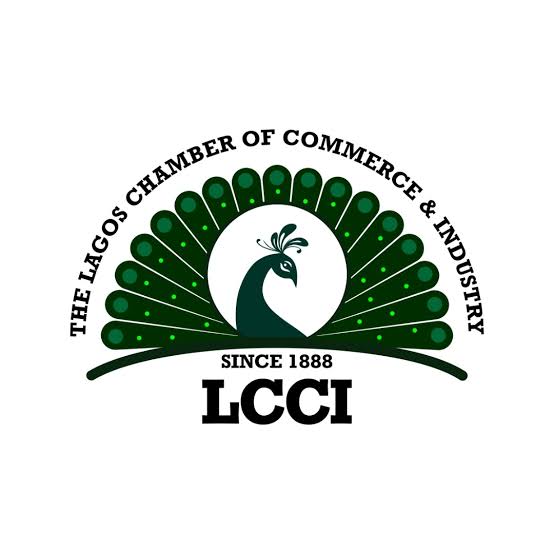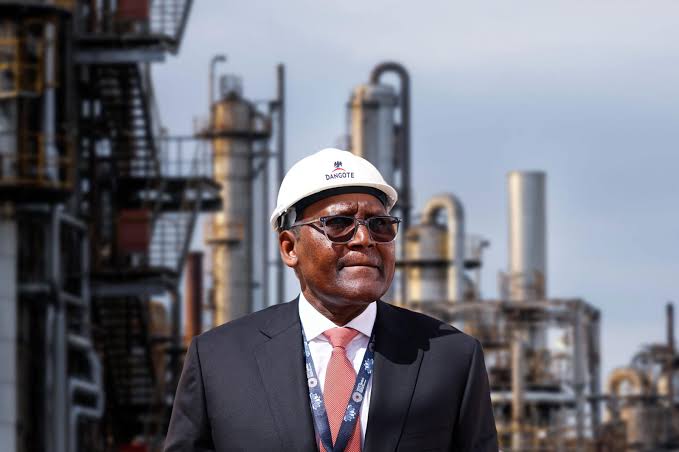Says it marks a new shift
The Lagos Chamber of Commerce and Industry (LCCI) has declared that The chamber said that the latest inflation report marked “a positive, albeit modest, new shift in the country’s inflation trajectory after several months of persistent increases.”
The LCCI made this declaration in its reaction to the latest report from the National Bureau of Statistics (NBS) for May 2025, which showed that Nigeria’s headline inflation rate eased to 22.97 per cent in May 2025, down from 23.71 per cent in April 2025.
Commenting on the NBS’ report yesterday, the Director General of LCCI, Dr. Chinyere Almona, said that “the marginal decline may have been driven by the consistent monetary tightening by the Central Bank of Nigeria (CBN), including interest rate adjustments and liquidity control mechanisms.”
Almona noted that “this improvement must be viewed cautiously, considering prevailing structural risks and looming food production and distribution shocks.”
She said that the recent spate of herdsmen-farmers clashes in the middle-belt region and flooding disasters are negative signals capable of limiting food harvest this year, adding that logistics and supply chain risks also loom on the back of the current escalations in the Middle East and the deadlocked ceasefire talks between Russia and Ukraine.
“Importing fuel and other products may become more expensive as oil prices have gone up due to unbaiting tensions and trade wars.
“These shocks pose significant risks to food availability and prices, which could drive food inflation — an essential component of the headline inflation index — in the third and fourth quarters of 2025,” she said.
The chamber, therefore, recommend a coordinated mix of fiscal and monetary policy actions, including sustaining the reforms in the oil and gas sector that have slowed down fuel price increases recorded earlier in the year.
It said: “The Naira for crude and the mandated crude supply to local refineries should be sustained.
“The CBN should maintain prudent monetary policy while improving credit access to productive sectors, especially agriculture and manufacturing, to stimulate supply-side responses to inflation. The stoppage of government ways and means provisions should be sustained no matter the pressure.
“There is an urgent need for the government to scale up support for dry season farming, irrigation infrastructure, and mechanisation to reduce Nigeria’s dependence on rain-fed agriculture.”
The LCCI also advised the government to remain focused on dealing with the challenges around food movement from the farms to the cities.
It said that addressing inefficiencies in transporting goods—particularly food—from rural to urban markets could help to lower market prices and reduce post-harvest losses.
It added that “government spending should prioritise critical sectors with high inflation pass-through, such as food, energy, and transport, while eliminating leakages and enhancing social safety nets for vulnerable households.
“While the easing inflation rate is a welcome development, Nigeria must not lose momentum in addressing the structural drivers of inflation.
“The LCCI urges the government to act decisively in tackling insecurity, investing in resilient agricultural infrastructure, and improving policy coordination to ensure the current progress becomes sustainable and inclusive.”





